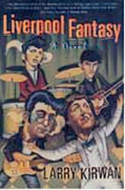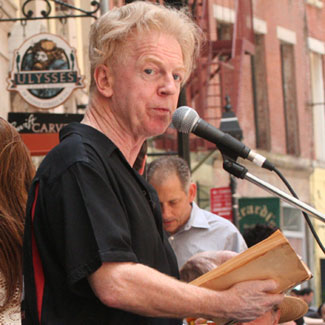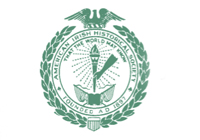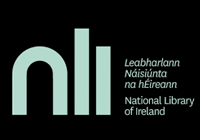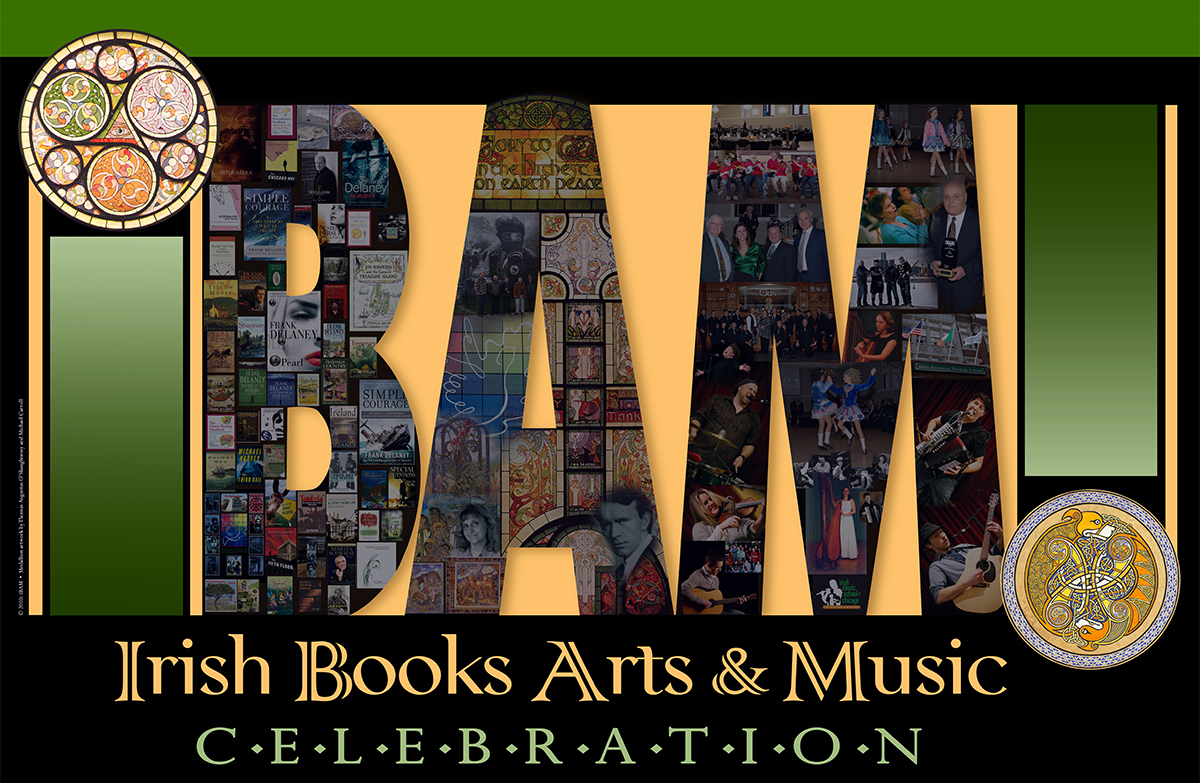Synopsis
Liverpool Fantasy is a work of fiction, but it was inspired by real events. To my generation, the Beatles were more than real people - they were archetypes, and it is in this manner that I use both them and others of their era in this novel. "Please Please Me" opened the floodgates for that realignment, and I never hear it without being stabbed by the memory of those first uplifting months when the world seemed to spin on a different orbit. And, by the way, regardless of what the authorities say, it did reach number one on the Radio Luxembourg's Sunday night Top Twenty - the only chart that mattered back in those turbo-charged days. What would have happened if that song had never been released? For how much longer would we have stagnated?
It's hard to imagine now the instant euphoria that spread over the UK and Ireland when "Please Please Me" hit the airwaves in January, 1963. Back then, we were still in the grip of a stagnant post-war authoritarianism. The very sound of that song, its euphoric ebullience, seemed to sweep away all the shadowy cobwebs and make it fun and hip to be young. Within months, the Fab Four had followed it up with "From Me To You" and "She Loves You" . . . and our world of drab suits, white shirts, greasy ties and fries would never be the same again. Authority - political, social, sexual - was called into question, and within a couple of years, most of it would be found wanting.
In 1968, Enoch Powell, a future leader, perhaps, and one of the few intellectuals in the British Conservative Party, made his "Rivers of Blood" speech in Wolverhampton. Many Tories and others agreed with his apocalyptic race-war sentiments and still do; but Britain was in the grip of the Swinging London Sixties, and in the swirl of the moment it was impossible to stand still and take the man seriously. He was banished to the back benches of Parliament and never fulfilled his potential. But if the mood had been different, if we weren't all marching around righting the wrongs of the world and exploring Marxism and other forms of left-wing thought, I believe that Powell, or someone like him, would have found more fertile ground for his message and the solutions it suggested.
And, finally, I once heard a person say that John Lennon would have made a huge impact on society even if there had been no Beatles. A valid point of view, but I doubt it. I knew a number of Lennons while growing up. Talented, gifted, surly iconoclasts, I sometimes run into them in the pubs back home - bitter, middle-aged men lamenting lost opportunities and still at war with a world that never appreciated them. John Lennon, for all his talents, was not unique. He was a type - an extraordinary one - but a chip off a working class rock of innate intelligence, fierce pride and a rage against the night. He also had some of the faults of that type: arrogance, cruelty and solipsism. I wouldn't go so far as to say that Lennon was lucky, but, unlike my hometown heroes, he was decidedly fortunate to meet an equally talented partner in Paul McCartney. I need hardly mention here that they prodded each other both competitively and creatively and wrote an astonishing number of wonderful songs. But Paul provided John with something even more important - a cagey pragmatism that complemented Lennon's fiery individuality. And vice-versa. McCartney dreamed, too, and Lennon was there with his earthiness to ground his partner's beautiful flights of fancy. They were a perfect team, and everything fell into place for them. They had the imagination to climb on top of a wave and then had the talent, drive and the right people around them to ride it for the length of that magical decade. By insisting that they record only their own songs, they changed the world for the rest of us who tried to follow in their footsteps. I know. Without them, I'd probably still be living back in a small town on the South-East coast of Ireland. But what if something had gone wrong with that partnership? The seeds of their eventual break-up were there right from their first meeting. What if...
The views that I've ascribed to the various real-life characters in this book are fictitious. As I've said, these people are all archetypal to me. But I know musicians in all their roistering, riotous ways, especially those from a working class background. And I specifically know how they react to failure and the various vicissitudes visited upon them. For the most part, humor is their first line of defense, but a certain coarseness can also be employed. The John Lennon in this book is not the fuzzy, saintlike character normally portrayed in America. But my Lennon never has the good (or bad) fortune to get to America. He and the people around him do not have the benefit of seeing life through the enlightened prism of the Sixties. Nor has he been put on a pedestal, his every breath analyzed and celebrated. My Lennon is what he is and, perhaps, what he always wanted to be: a working class hero, with all the good and bad that connotes. But then again, he is alive, and there's a lot to be said for that.


